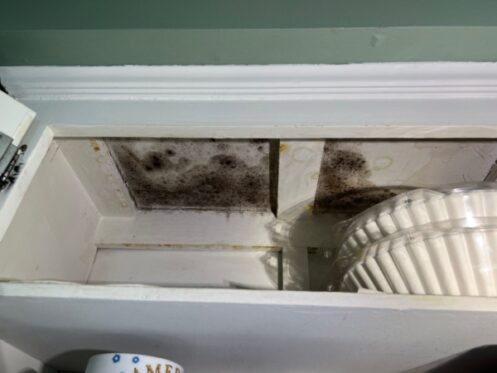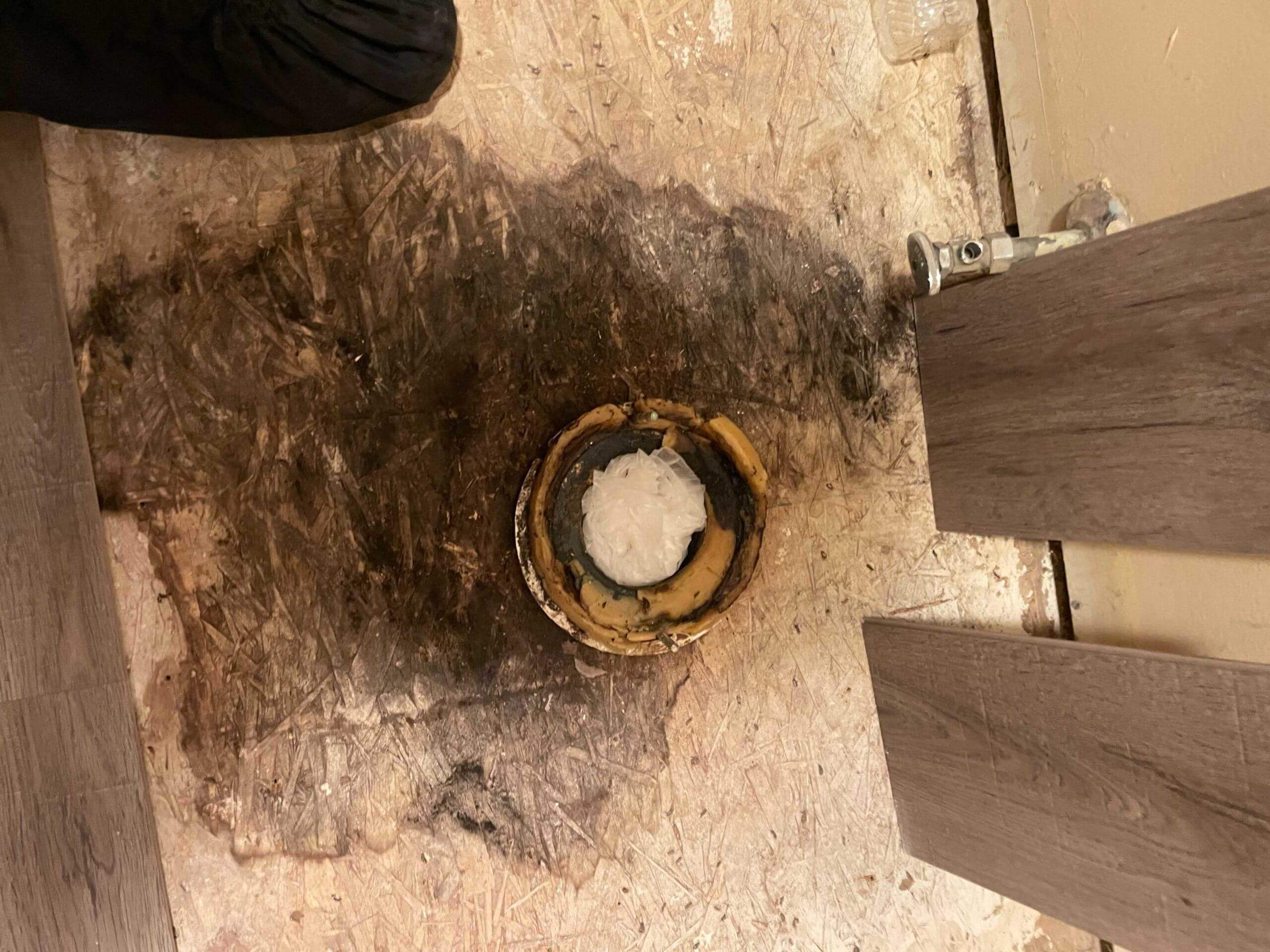Mold growth is among the modern-day hazards that affect homes. It can permanently damage your structures, cause wood fittings to swell and rot, deteriorate organic materials, and cause adverse health conditions. Therefore, we understand you’d want to know up front whether it is your responsibility or your landlord’s to inspect your property and ensure safety. The answer isn’t relatively straightforward. During a tenancy, your landlord’s duty to conduct an inspection is dependent on some factors which we’ll discuss in this post. Nevertheless, the landlord owes you some essential responsibilities. As per the United States law, the primary obligation of landlords is to keep the home or apartment habitable, including mold remediation.
What Obligations Do Landlords Have Regarding Mold?
Even without a lease contract, your landlord owes you certain duties. Most states acknowledge that toxic mold presence in a rental home or apartment can result in serious health problems for tenants, thus breaching the implied contract of habitability. This implied contract is a legal guarantee in all housing leases, which states that an establishment must be fit for human occupancy and should remain so for the lease duration.
Some states have a statute known as the written disclosure rule for mold. Therefore, your landlord must provide an official disclosure if mold is existent in the rental property. Both you and your landlord must sign the disclosure. This disclosure decree applies when a rental property contains excessive amounts of mold that exceed safe exposure limits. In addition, it also applies when the mold poses a health risk. In most states, a verbal disclosure is insufficient and must be in writing. If a landlord should have reasonable knowledge of mold presence, like after flooding or water damage, they must also provide written notice. This rule also applies to invisible or concealed mold.
Should Your Landlord Conduct Mold Testing?
The law does not require landlords to conduct mold testing on rental properties. This is mostly your responsibility as a tenant. If you suspect mold presence, contact Pur360 to inspect your property. However, the law does require landlords to repair or eliminate any mold found in their properties. Therefore, if Pur360 detects mold in your property, your landlord must remedy both the mold and the underlying cause of its growth. This may include drying moist places, repairing any water damage, and removing or cleaning moldy surfaces. In some states, your landlord isn’t mandated to cover the costs of damage caused by “acts of God.” These may include natural disasters such as floods. In most instances, these losses are covered by natural disaster management
insurance.
Do You Have a Duty to Keep Your Dwelling Mold-Free?
In short, yes. You must always keep your rental property mold-free after you sign the lease. Additionally, you are responsible for maintaining clean and hygienic conditions in the leased home or apartment. Some of these practices
include:
- Preventing the overflow of sinks, water sources, bathtubs, and toilets
- Keeping your windows closed or other apertures during rainstorms
- Using exhaust fans to prevent the formation and growth of mold in humid bathrooms
It is crucial to notify your landlord of maintenance issues as soon as they become apparent. Also, in cases of leaks or floods, notify your landlord immediately. And should you be the one who’s caused the issue, it’s best to call Pur360 to conduct an inspection. It is important to note that if your landlord discovers that you neglected an issue or caused the flooding or leak and didn’t inform them, they might hold you
accountable for the damage.
When Must Your Landlord Fix Mold?
After you alert your landlord about the mold issue that renders the premises inhabitable, they must respond and fix the problem within a specified period and within a reasonable time. In most states, a reasonable period is 30 days from the date you notified them. If your landlord fails to react, you may initiate legal action against them.
What to Do If Your Landlord Refuses to Remove Mold
Remember that the law requires your landlord to maintain safe and habitable conditions, and mold is a threat to these circumstances. Although mold inspection is not entirely their duty, they must fix the mold problem if it is detected. If you report mold concerns to your landlord and they do not take measures to eliminate it, you can do the following:
- Withhold rent payment until the issue is adequately fixed
- Leave the property (violate your lease agreement)
- Charge your landlord for the probable cost of living in a hotel or motel, or another property, until you can return to the rented property
- Use one or two months’ worth of rent to hire Pur360 to eliminate the mold and the dampness that led to its growth
- Notify the relevant health code officials about the mold
- File a legal case against your landlord
It is worth noting that exposure to a high concentration of mold spores may result in allergy symptoms like watery eyes, nasal congestion, sneezing, irritation, coughing, wheezing, breathing problems, headache, and exhaustion. Mold exposure can raise an individual’s sensitivity, resulting in more severe allergies. These issues are exacerbated by the poor indoor air quality caused by mold. Under specific conditions, some molds, including Aspergillus and Stachybotrys, can create mycotoxins. Mycotoxin exposure can result in more severe diseases. Thus, even if you adore your current rental property, don’t gamble with your health. If your landlord fails to act promptly, be sure to find somewhere safe as you plan the next step.
Can You Sue Your Landlord for Mold-Related Damages?
You can sue your landlord or property owner in civil court for mold-related damages in certain circumstances. They might be held accountable for the mold damages too. They may also be held responsible if they were aware of leaks, flooded carpets, airflow, and plumbing problems yet failed to prevent mold growth. As with other claims involving personal injury, you must establish causation, duty, and damage. For example, you must demonstrate that you sustained actual damages due to the landlord’s inability to ensure habitable conditions. Moreover, if the mold causes property damage to your personal belongings, you may also sue them for these damages. In rare instances, the mold-related disease may occur from a landlord’s breach of building code regulations.
Furthermore, you might be able to sue your landlord for mold-related illnesses if they’ve been successfully proven. These damages often comprise medical expenses, including past or future medical bills, increased household expenditures, lost wages, and other economic difficulties caused by the illness. As shown, both tenants and landlords have mutual duties toward each other to ensure that the rental property is mold-free. However, if you follow the regulations in your area, you shouldn’t face mold issues. As the adage goes, “An ounce of prevention is worth a pound of cure.” That’s why we strongly advocate for a mold inspection.
A constant inspection will guarantee that your property remains safe, and if you’re a landlord, it will save you from hefty fines related to lawsuits. It will also boost your reputation as a trustworthy businessman. To learn more about mold inspection, removal, or prevention of mold in your residence in Texas, Illinois, Florida, Georgia, or Wisconsin, give Pur360 a call today. We also offer sanitization services.



